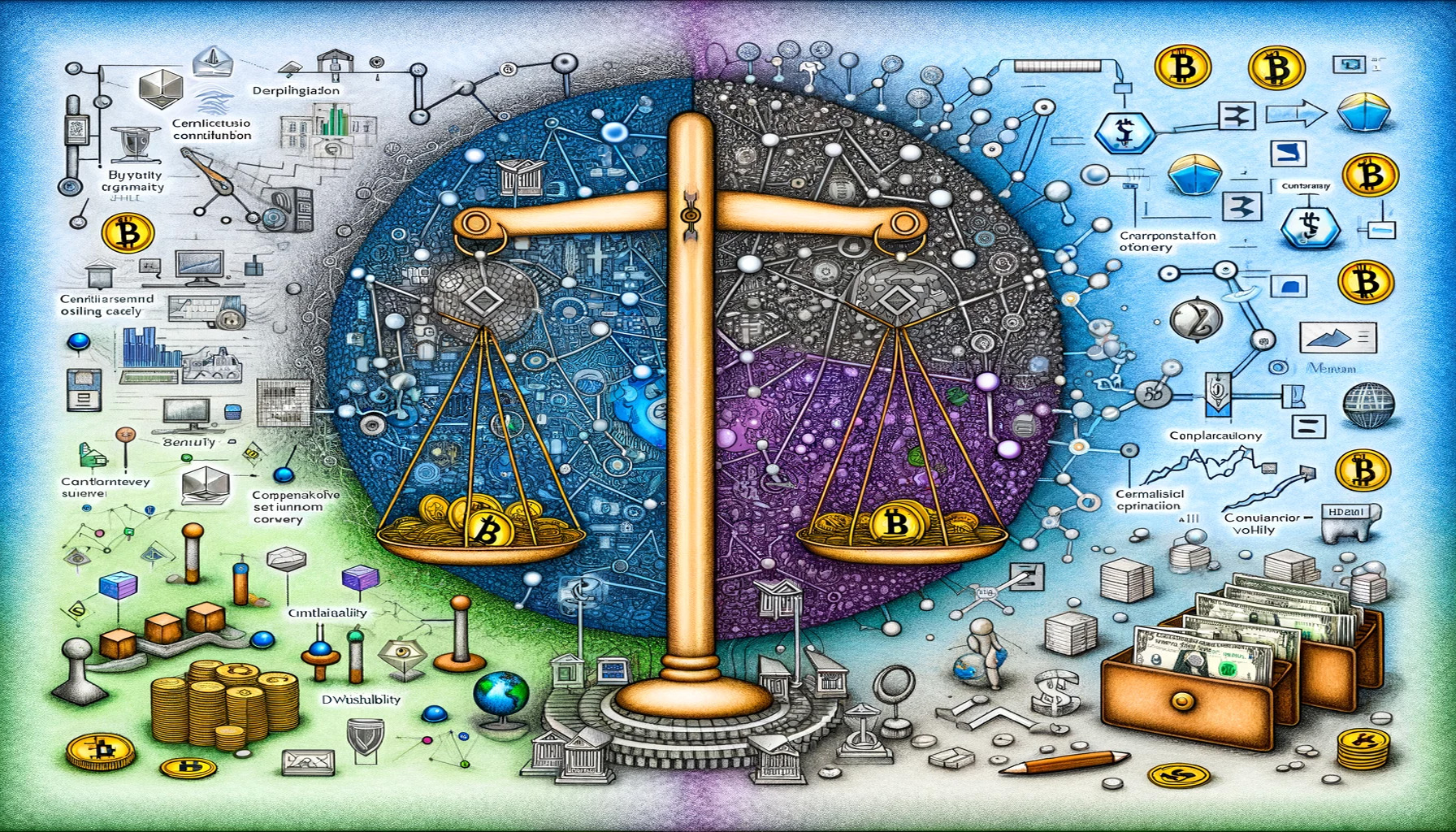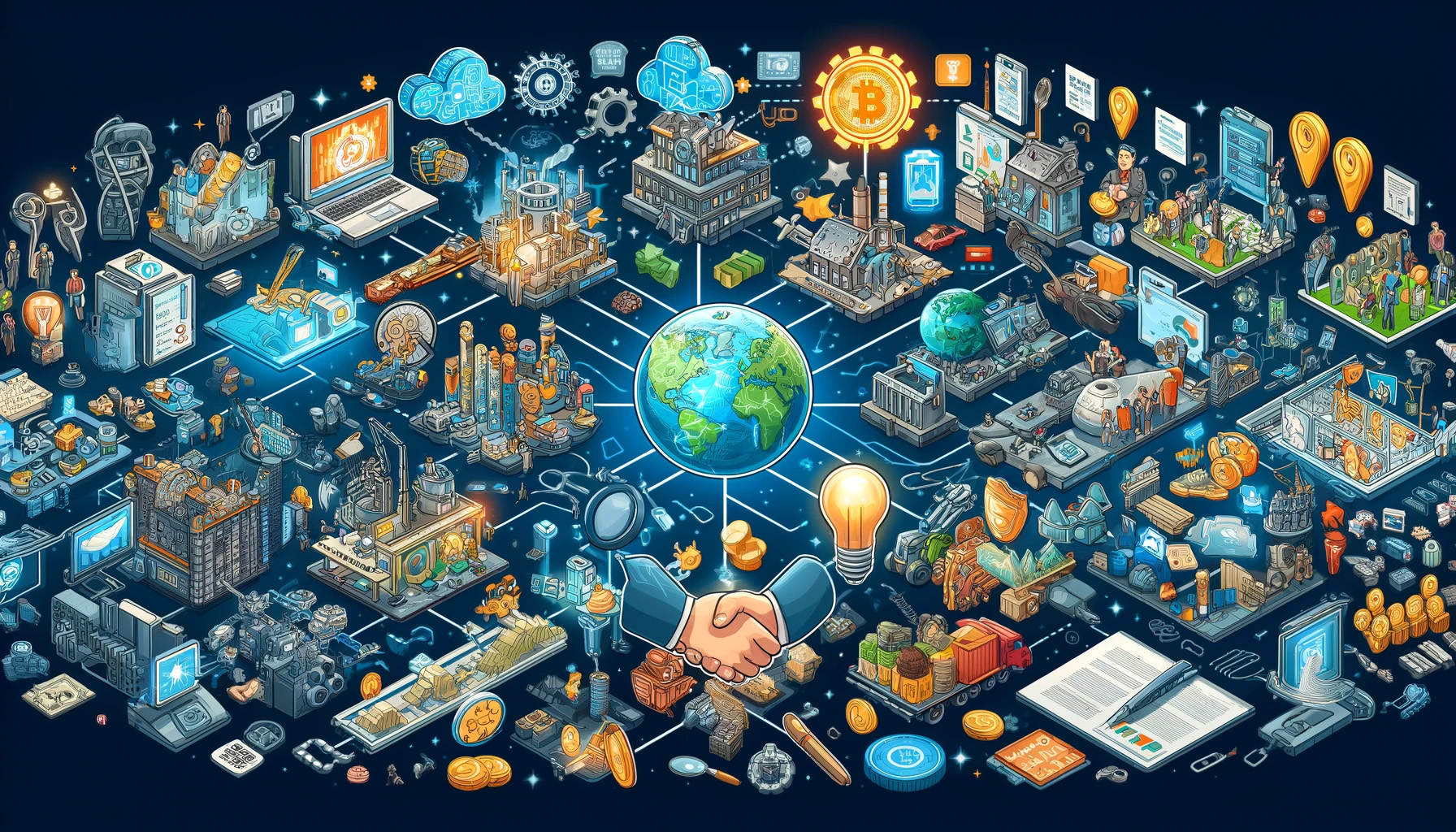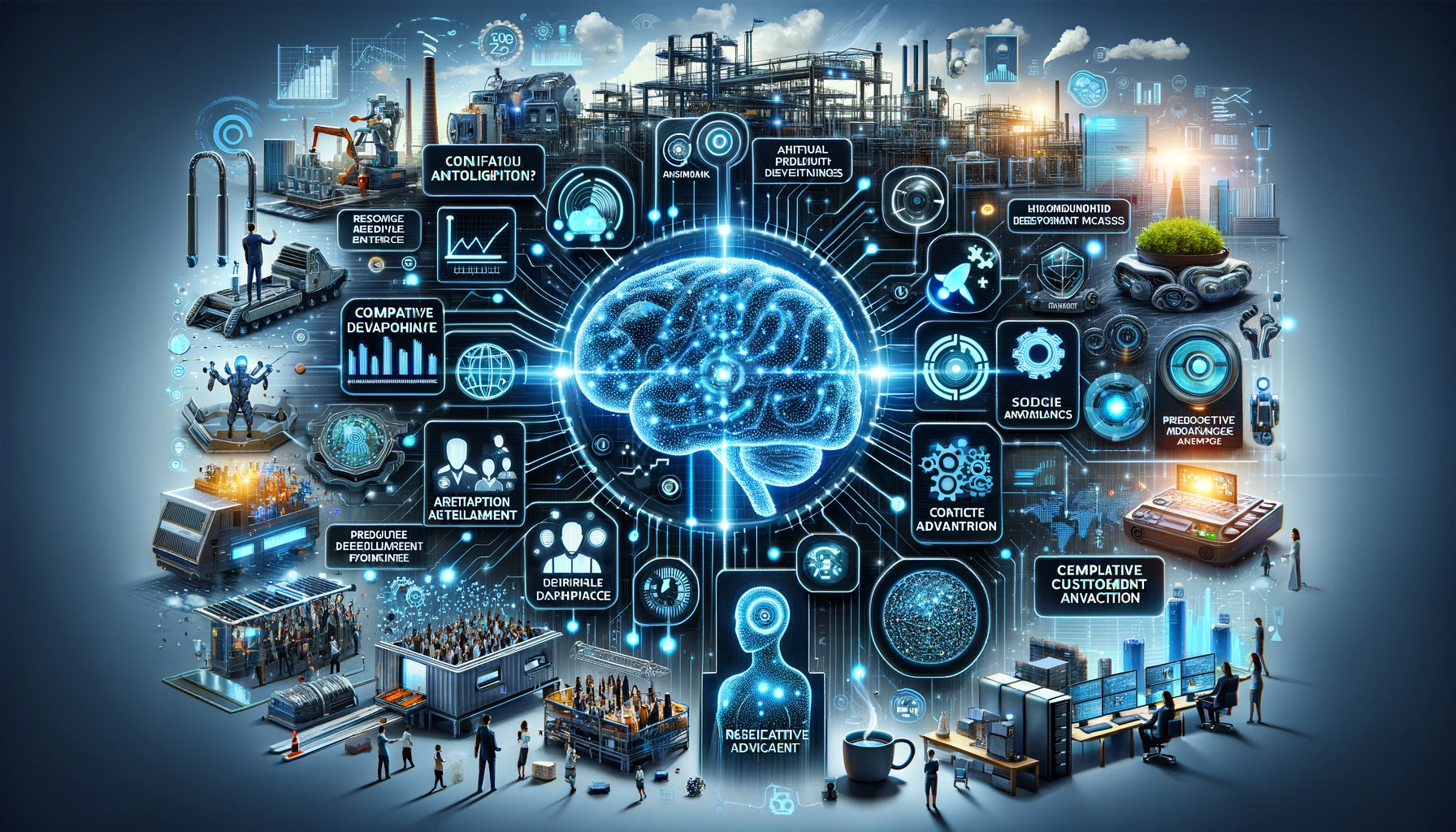What is digital currency, and how does it differ from traditional money?

Digital currency is a form of currency that is available only in digital or electronic form, not in physical form like paper money or coins. It includes cryptocurrencies like Bitcoin, as well as digital versions of traditional currencies. Here are twenty aspects that explain what digital currency is and how it differs from traditional money:
-
Form: Digital currency exists only in digital form, while traditional money has physical forms such as paper notes and metal coins.
-
Transaction Process: Digital currency transactions occur through electronic systems, often utilizing blockchain technology, whereas traditional money transactions can occur physically or electronically.
-
Storage: Digital currencies are stored in digital wallets or on blockchain ledgers, as opposed to physical wallets, safes, or banks for traditional money.
-
Creation and Issuance: Traditional money is issued by governments and central banks, while digital currencies can be issued by private entities, decentralized groups, or algorithms in the case of cryptocurrencies.
-
Decentralization: Many digital currencies, especially cryptocurrencies, operate on decentralized networks, unlike traditional currencies, which are controlled by central authorities.
-
Anonymity and Privacy: Digital currencies can offer greater anonymity in transactions compared to traditional banking systems, where transactions are closely tied to personal identity.
-
Global Use: Digital currencies, particularly cryptocurrencies, are designed for global use and are not bound by national borders, unlike traditional currencies, which are country-specific.
-
Transaction Speed: Digital currency transactions, especially those on newer blockchain networks, can be significantly faster than traditional bank transactions, which may take days for cross-border transactions.
-
Transaction Costs: Digital currencies can have lower transaction costs, especially for international transfers, compared to traditional banking systems with higher fees for international transactions.
-
Security Features: Digital currencies use cryptographic security, making transactions secure and tamper-proof, which differs from the physical security features of traditional money.
-
Supply Control: Cryptocurrencies have a predefined supply limit (like Bitcoin’s 21 million cap), whereas traditional currencies can be printed indefinitely by central banks.
-
Smart Contracts: Some digital currencies support smart contracts that automatically execute transactions when conditions are met, unlike traditional money which requires manual enforcement of contracts.
-
Divisibility: Digital currencies can be divided into very small units (e.g., Bitcoin can be divided into 100 million satoshis), offering more divisibility than traditional currencies, which are limited by physical denominations.
-
Accessibility: Digital currencies can be accessed by anyone with an internet connection, potentially providing financial services to unbanked or underbanked populations.
-
Inflation Resistance: Certain digital currencies have mechanisms to resist inflation, whereas traditional currencies can be subject to inflationary pressures due to monetary policy decisions.
-
Intermediaries: Digital currency transactions can occur peer-to-peer without the need for intermediaries, unlike traditional money that often requires banks or other financial institutions.
-
Regulatory Environment: Digital currencies operate in a newer, less regulated environment compared to the heavily regulated traditional financial systems.
-
Integration with Digital Ecosystems: Digital currencies easily integrate with digital ecosystems and services, facilitating seamless transactions in online marketplaces.
-
Volatility: Digital currencies, especially cryptocurrencies, are known for their price volatility, unlike traditional currencies, which tend to be more stable.
-
Programmability: Certain digital currencies are programmable, allowing for the creation of decentralized applications and ecosystems around them, a feature not present with traditional money.
Understanding these differences is crucial for navigating the evolving financial landscape, as digital currencies continue to gain prominence and acceptance.
What is Blockchain, and how does it improve my business?

Blockchain is a decentralized digital ledger technology that records transactions across many computers in such a way that the registered transactions cannot be altered retroactively. This technology underpins cryptocurrencies like Bitcoin and Ethereum but has broader applications across various industries. Here are twenty ways blockchain can improve your business:
-
Enhanced Security: Blockchain's encryption and decentralization make it highly secure against data breaches, safeguarding sensitive business information.
-
Increased Transparency: Transactions on a blockchain are transparent and easily verifiable, fostering trust among business partners and customers.
-
Reduced Costs: By eliminating intermediaries and reducing transaction fees, blockchain can significantly lower operational costs.
-
Improved Traceability: Blockchain creates an immutable record of transactions, making it ideal for supply chain management to trace product origins and history.
-
Streamlined Payments: Utilizing cryptocurrencies for transactions can streamline payments, especially in international trade, by bypassing banking systems and currency conversions.
-
Automated Contracts: Smart contracts on the blockchain can automate contractual agreements, reducing reliance on third parties and speeding up execution.
-
Enhanced Efficiency: The digital and automated nature of blockchain improves efficiency in transactions and data management, reducing paperwork and errors.
-
Fraud Reduction: The immutable and consensus-based nature of blockchain makes it extremely difficult to manipulate, reducing fraud risks.
-
Improved Data Management: Blockchain can provide a more efficient and secure way to manage and store data, improving data integrity and accessibility.
-
Better Customer Loyalty Programs: Blockchain enables more secure and transparent customer loyalty programs, enhancing customer engagement and retention.
-
Tokenization of Assets: Blockchain allows for the tokenization of physical assets, making it easier to trade or share ownership of real-world assets digitally.
-
Decentralized Marketplaces: Blockchain enables the creation of decentralized marketplaces, reducing dependencies on central authorities and lowering barriers to entry.
-
Innovation in Products/Services: By leveraging blockchain, businesses can develop innovative products and services, such as secure digital identities or decentralized applications.
-
Enhanced Intellectual Property Protection: Blockchain can provide robust solutions for copyright and intellectual property protection by timestamping content.
-
Improved Supply Chain Management: Blockchain enhances supply chain transparency, accountability, and efficiency, from production to delivery.
-
Enhanced Customer Trust: The transparency and security provided by blockchain can significantly enhance trust from customers and partners.
-
Faster Settlements: Transactions on a blockchain can be settled much faster than traditional financial systems, improving cash flow.
-
Access to New Markets: Blockchain opens up new markets, especially where traditional financial infrastructure is lacking or unreliable.
-
Increased Competitiveness: Early adoption of blockchain can provide a competitive edge, positioning your business as a leader in innovation and security.
-
Regulatory Compliance: Blockchain can help in maintaining and proving compliance with regulations through transparent and verifiable records of transactions and operations.
Integrating blockchain into your business operations can lead to significant improvements in security, efficiency, and trust, potentially transforming how you interact with your customers, partners, and competitors.
How can AI (Artificial Intelligence) increase my income & efficiency?

Artificial Intelligence (AI) has the potential to significantly boost your income and efficiency in various ways. Here are twenty reasons how AI can contribute to these aspects:
-
Automation of Routine Tasks: AI can automate repetitive and time-consuming tasks, freeing up your time for more strategic activities that can generate higher income.
-
Data Analysis and Insights: AI can process and analyze vast amounts of data to provide insights that can help in making informed business decisions, leading to increased profitability.
-
Enhanced Customer Experience: AI-driven tools can provide personalized customer service, improving customer satisfaction and loyalty, which can translate into increased sales and revenue.
-
Precision Marketing: AI can analyze customer data to predict buying behaviors and preferences, enabling targeted marketing strategies that are more likely to convert, thus maximizing marketing ROI.
-
Operational Efficiency: By optimizing logistics, supply chain management, and operational processes, AI can reduce costs and improve efficiency, positively impacting the bottom line.
-
Innovative Product and Service Development: AI can aid in the development of new and innovative products and services, opening up new revenue streams.
-
Risk Management: AI can help in identifying and mitigating risks before they become costly issues, protecting your income.
-
Enhanced Decision Making: AI's predictive analytics can support better decision-making by providing actionable insights and forecasts, leading to more profitable outcomes.
-
Talent Acquisition and HR: AI-driven HR tools can streamline the recruitment process and ensure the best fit for the role, leading to higher productivity and efficiency.
-
Financial Management: AI tools can assist in managing finances, from budgeting to tax planning, ensuring optimal financial health and potentially increasing savings and investments.
-
Market Trend Analysis: AI can analyze market trends and consumer behavior, providing you with the knowledge to stay ahead of the curve and capitalize on market opportunities.
-
Content Creation and Management: AI can assist in creating and managing content, enhancing your marketing efforts and engaging more effectively with your audience.
-
Sales Process Optimization: AI can streamline the sales process, from lead generation to closing deals, making it more efficient and potentially increasing conversion rates.
-
Competitive Advantage: Leveraging AI can give you a competitive edge, allowing you to offer superior products or services and operate more efficiently than your competitors.
-
Training and Development: AI-powered training programs can be personalized for employees, improving their skills and productivity more effectively.
-
Smart Resource Allocation: AI can optimize resource allocation, ensuring that resources are used in the most efficient way possible, reducing waste and increasing profitability.
-
Personalization at Scale: AI enables personalization of products and services at scale, meeting customer demands more effectively and increasing sales opportunities.
-
Predictive Maintenance: In industries reliant on machinery, AI can predict when equipment needs maintenance, preventing costly downtime and extending the life of the equipment.
-
Real-time Analytics: AI can provide real-time analytics, allowing for quick adjustments to strategies, ensuring that operations are always running at peak efficiency.
-
Fraud Detection and Prevention: AI can help detect and prevent fraud in financial transactions, protecting your income from potential losses due to fraudulent activities.
Incorporating AI into your business operations or personal career development can lead to significant improvements in income and efficiency through these diverse avenues.
What is the Metaverse, and how does it benefit me?

The Metaverse is a broad and multifaceted concept, often likened to a digital universe. It encompasses a wide range of virtual spaces, where you can interact with others and with digital objects in real-time. Here are twenty different explanations about what the Metaverse is and how it can benefit you:
-
Expanded Social Interaction: The Metaverse offers new ways to socialize, network, and collaborate with people worldwide, breaking down geographical barriers.
-
Innovative Entertainment: It redefines entertainment, providing immersive experiences in gaming, concerts, and virtual tourism, far beyond traditional screens.
-
Enhanced Education: Educational opportunities in the Metaverse are vast, offering interactive and immersive learning experiences that can make education more engaging and accessible.
-
Workplace Evolution: It transforms the workplace by introducing virtual offices and meeting spaces, making remote work more interactive and efficient.
-
Economic Opportunities: The Metaverse presents new economic opportunities through virtual goods, services, and real estate, opening up novel revenue streams.
-
Creative Expression: Artists and creators can find new mediums and platforms for expression in the Metaverse, reaching global audiences.
-
Healthcare Advancements: It offers potential benefits in healthcare, such as virtual consultations and therapy sessions, making healthcare services more accessible.
-
Fashion and Retail Innovation: The Metaverse allows for virtual try-ons and showcases, revolutionizing the way we shop and experience fashion.
-
Architectural Visualization: Architects and designers can use the Metaverse to create and explore spatial designs in 3D, improving the design process.
-
Cultural Exchange: It facilitates cultural exchanges and global events, allowing users to experience diverse cultures from the comfort of their homes.
-
Personalized Learning: Educational platforms within the Metaverse can offer personalized learning paths, adapting to individual learning styles and needs.
-
Virtual Tourism: The Metaverse enables virtual travel experiences, allowing exploration of real and imaginary places without leaving home.
-
Real Estate Exploration: Potential homebuyers can tour properties virtually, making the home-buying process more convenient and accessible.
-
Fitness and Well-being: Virtual fitness classes and well-being spaces in the Metaverse can make keeping fit more fun and accessible.
-
Accessibility for Disabled Individuals: The Metaverse can offer more accessible experiences for people with disabilities, providing new ways to interact and engage.
-
Event Participation: Attend virtual events, conferences, and meetups in the Metaverse, bypassing logistical issues and costs associated with physical events.
-
Market Research: Businesses can use the Metaverse for innovative market research, creating virtual focus groups and testing environments.
-
Brand Engagement: Brands can create unique, immersive experiences in the Metaverse to engage with their audience in novel ways.
-
Skill Development: The Metaverse offers platforms for skill development and training in a wide range of fields, using interactive and immersive methods.
-
Personal and Professional Growth: By engaging in diverse activities and interactions in the Metaverse, individuals can experience personal and professional growth in a dynamic, digital environment.
Each of these points reflects different facets of the Metaverse and how they can bring value and benefits to you in various aspects of your life.
View on your mobile device
We are a Secure Website - Click to see our SSL Certificate
Copyright © 2022 Carl Henry Global – Online Finance | Real Estate | Internet | Corporate | Lifestyle. All Rights Reserved.
Website: www.carlhenryglobal.com Contact: solutions@carlhenryglobal.com

